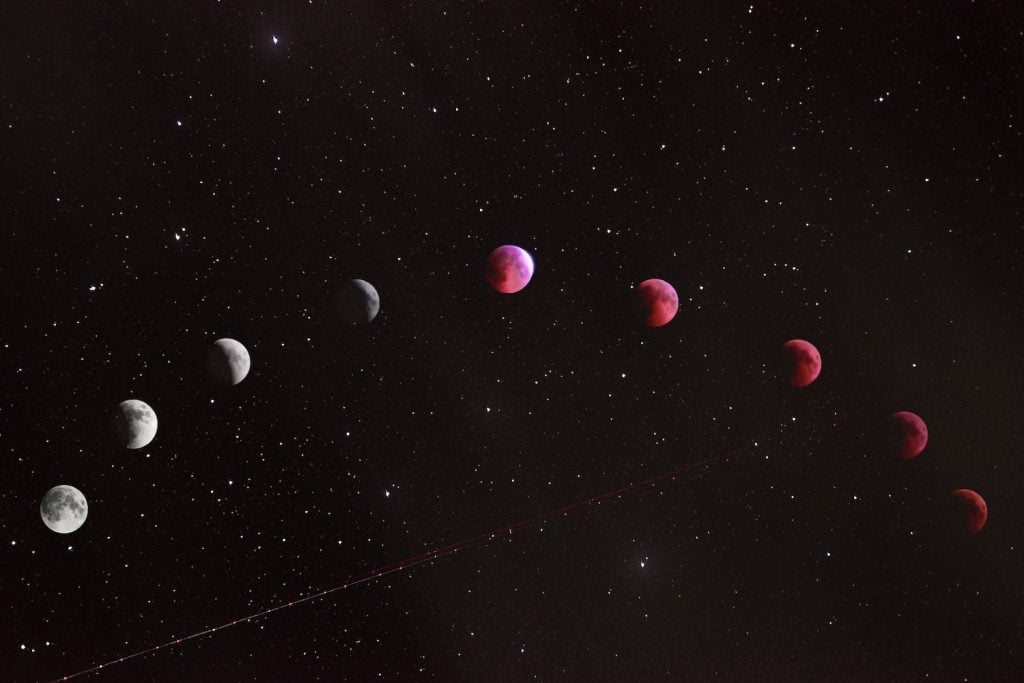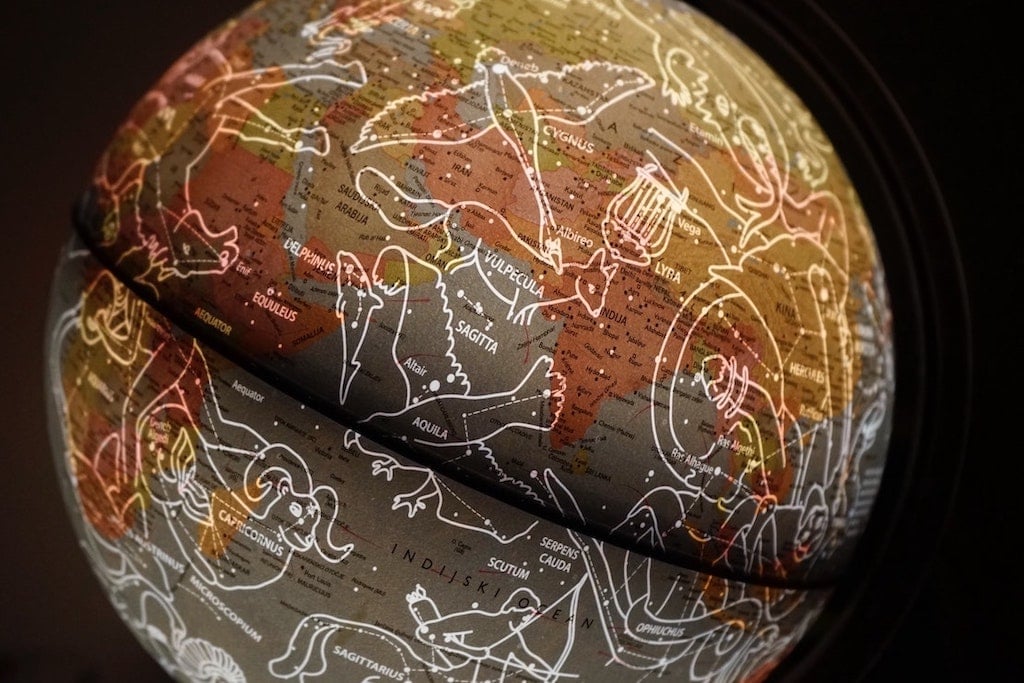Astronomy vs. Astrology: What Is Astronomy and How It’s Different

Although astrology and astronomy have some similarities, they both have their place in humanity’s past, present, and future.
Since the dawn of humanity, we have looked up to gaze upon the heavens. Bearing witness to powerful cosmic events such as eclipses, mankind sought answers about the universe in which we live. As civilization advanced, people watched the patterns of the sky and draw correlations between the heavens and human nature.
Yet, as our curiosity grew, the impetus to discover more took hold of us. Just as humanity has evolved, our comprehension of the cosmos has expanded exponentially. Because astronomy and astrology both hold a tremendous place in history, it is important to understand where they came from. From here, we can speculate even further what position they will take in the centuries to come.
Astronomy vs. Astrology: Key Differences
First and foremost, it is important to note what makes astrology and astronomy unique. Both studies inquire about the makings of the universe—and use complex charts, mathematics, and terminology to draw conclusions. Astrology studies the movement of the planets and celestial bodies and interprets their influence on human affairs. By investigating the stars, one can find great insight into the personal workings of an individual and make predictions about the pattern of his or her life.
The same techniques can be applied to anything—nations, economies, businesses, and relationships. Astronomy, however, is a branch of science that studies celestial objects, space, and the physical universe as a whole. This discipline relies on intricate maps, computers, and evidence from the cosmos to gather scientific proof about the formation, existence, and future of the galaxy. Because astronomy follows the scientific method, it would be distinguished as a true science. Astrology, however, utilizes a subjective approach to interpret evidence, meaning it is closer to an art form.
Which Is Older?
In short, astrology is much older than astronomy. Astrology is one of the oldest art forms on Earth. Since the dawn of civilization, mankind has sought to have a better grasp of its place in the cosmos. Astrology was studied and practiced extensively during both the ancient Babylonian and Egyptian civilizations. Astrology’s importance in the development of human culture, reasoning, and philosophy is incalculable, as it provided the backbone from which other disciplines could be born.
Astronomy, however, has been around for several hundred years—not several thousand years, like astrology. In a sense, astrology is the seed from which astronomy grew. Initially, the two disciplines were one and the same. However, during the eighteenth century, the two fields began to be seen as entirely different studies. Astronomy became applauded as a true science, whereas astrology began to be interwoven with human psychology, spirituality, esoteric philosophy, and the occult.

Is Astrology Based on Astronomy?
The basics of astrology have held true for thousands of years—that the heavens reflect the matters of humanity here on Earth. This philosophy, based on the principle of Unus Mundus, details the fact that the universe is one of unity. Thus, the esoteric mantra of “As above, so below” also aligns with the principles of astrology. Because of the more philosophical aspects of astrology, it assigns certain attributes to the planets, constellations, and their specific movements. These were originally discerned by the ancient civilizations, who often likened the planets to their pantheon of gods and assigned myths to match the images in the sky.
In the time that astrology and astronomy were one and the same, there were many celestial crossovers. For example, planets (Mercury, Venus, Mars, Jupiter, Saturn), the sun, the moon, retrogrades, and eclipses. Yet, as astronomers advanced knowledge about our surrounding solar system, the astrological community wondered what effects they had on humanity.
Astronomers have investigated many asteroids such as Ceres, Pallas, Juno, Vesta, Hygeia, and Chiron. As our known solar system grew, the astrological community realized that these asteroids detail more nuanced aspects of life.
While the astrological community does take notice of the advancements of astronomy, it seeks to discern what effects these objects have. Astrological research uses extensive insight into the past to ultimately explain a new planet’s meaning. For instance: while Pluto was not known to the ancients, its power can still be traced back throughout time. Dedicated astrological experts forge a path forward through complex and comprehensive research. This is what allows the traditional discipline of astrology to evolve for the modern era.
Lastly, astrologers often use a table called an ephemeris, which is a numeric chart documenting the movements of the sun, moon, and planets. This is based on actual data released from the astronomical community.
Read me: Goddess Vibes: The Mythology of the 12 Zodiac Signs
Why Astrology and Astronomy Both Matter
Astronomy and astrology are both important. They each have their own use in society. While they are no longer as closely tied as they once were, they both still share some common goals. Astronomy and astrology are concerned with understanding the past, the present, and the future. By researching what came before, we can make educated assumptions about what could still lie ahead.
Astronomy takes a more scientific approach to understanding the cosmos. It begs the question, “Where did we come from and where are we going?” Astrology provides philosophical answers that astronomy cannot hope to grasp, yet offers us its own wisdom. “From here, where would we like to go?”
Lead image by Farzad Mohsenvand
Constellation image by Vedrana Filipović
Explore Tarot today. Get a FREE live reading with an expert.



